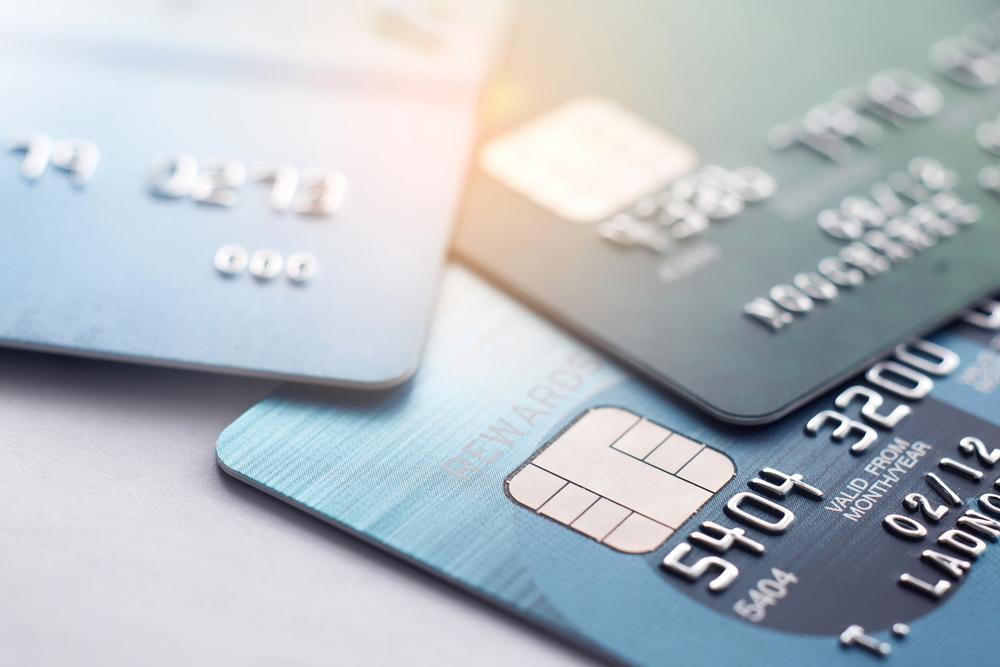The U.S. banking industry may slowly end the practice of collecting overdraft fees, after decades of raking in billions of dollars from financially struggling customers, due to public pressure.
All of this comes on the heels of a Dec. 1 report from the Consumer Financial Protection Bureau (CFPB), which may lead to more government scrutiny.
“The reports show banks, including big banks, continue to rely on these fees as a major source of revenue. Rather than competing on transparent, upfront pricing, large financial institutions are still hooked on exploitative junk fees that can quickly drain a family’s bank account,” Rohit Chopra, director of the CFPB, said in a press statement.
“The bottom line is that we will make sure that this market is upfront, not underhanded. The last quarter was a blockbuster quarter for banks, taking in $69 billion in net income. Consumers are handing over billions of dollars of their hard-earned money in these fees, even during a pandemic,” he said.




